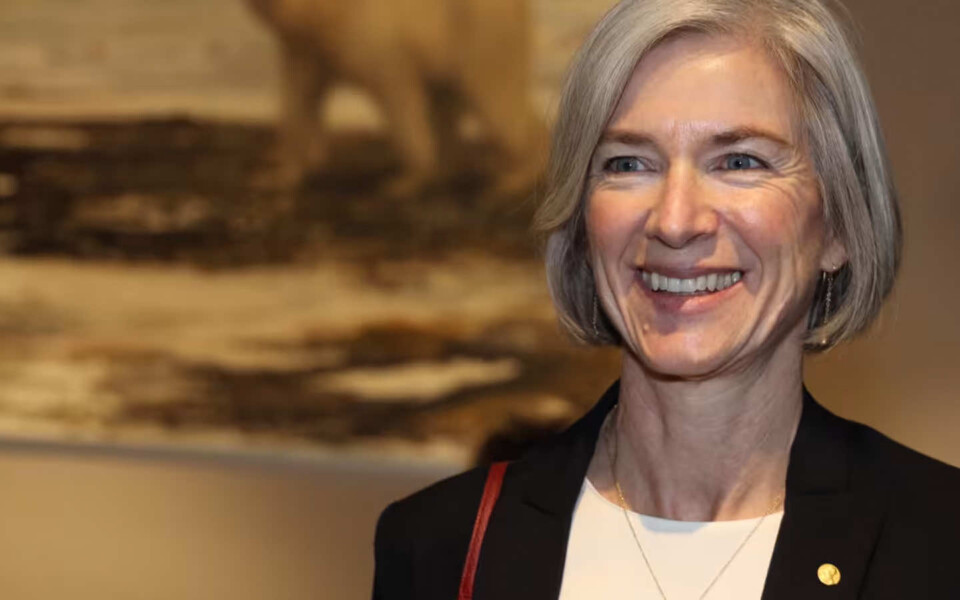Gene-editing pioneer calls for big investment in Crispr technology
Expanding medical therapies based on Crispr gene-editing globally is “unrealistic” and the sector needs heavy investment to make the technology, which could transform treatment of diseases, accessible to all, according to its co-discoverer. Speaking in the wake of last year’s first-ever regulatory approval for a Crispr therapy, Jennifer Doudna, who alongside fellow scientist Emmanuelle Charpentier discovered the gene-editing potential of DNA sequence Crispr-Cas9 in 2012, told the Financial Times she would “love to see the day when Crispr is a standard of care for certain kinds of diseases”.
“We need to really roll up our sleeves and figure out how to take the right steps, both technically and from an investing perspective, to get to the finish line,” she said. The Crispr genetic code was discovered in bacteria as part of the mechanism that helps the organisms defend themselves against viruses. The Crispr DNA sequence can guide Cas9 — an enzyme that acts like molecular scissors — to specific locations on the genome, allowing scientists to make precise changes to DNA at particular points, removing a gene or tweaking it to change its function.
Biotech companies have worked to apply the technology since Doudna and Charpentier’s discovery. In November, the UK’s medicines and healthcare products regulatory agency gave the world’s first regulatory approval for a Crispr treatment. The therapy — Casgevy, developed by US biotech company Vertex Pharmaceuticals and Crispr Therapeutics for the blood disorders sickle cell disease and beta thalassaemia — has since been approved by the European Medicines Agency and US Food and Drug Administration. Sickle cell disease, a genetic blood disorder that causes red blood cells to stretch from a disc to a “sickle” shape, can inhibit blood flow, leading to disorders such as anaemia, painful swelling and strokes. It predominantly affects people of colour and is prevalent in sub-Saharan Africa, Latin America, the Middle East and India. But Doudna said it was “unrealistic to think we could deliver[the treatment] globally in the way it’s being provided currently. It’s not going to be possible to do it financially.”…


